-
How to write an Inclusion Commitment Statement
August 2019

An inclusion commitment statement is a public record that expresses the club’s dedication to making sure its membership reflects the diversity of its local community. But how do you go about writing and Inclusion Commitment Statement for your club...
Read More
-
What is Natural Justice?
September 2019
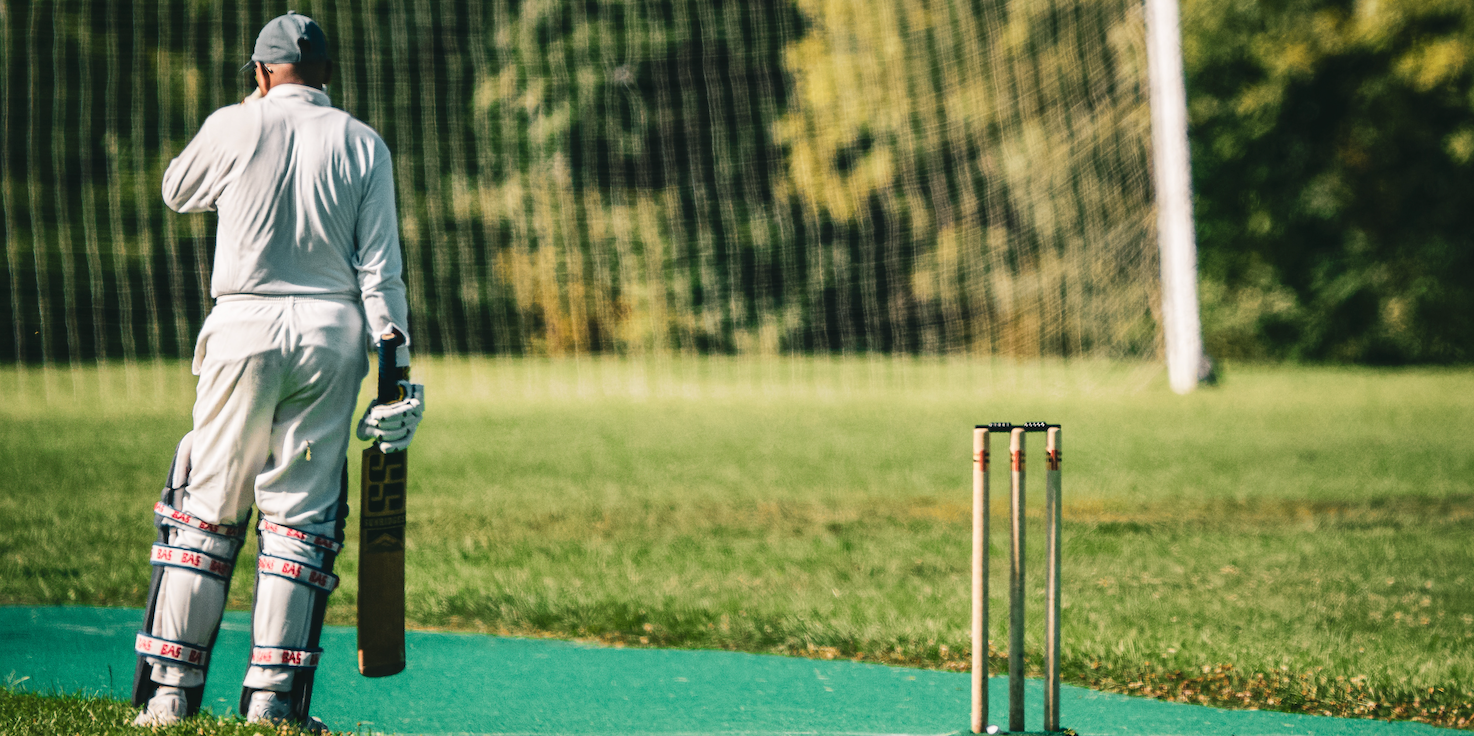
Two words that are used extensively and often misused in disciplinary matters, are the words “natural justice”. To further confuse this there are other words used to attempt to make those words easier to understand, such as procedural fairness.
Read More
-
The DISA 2022 Forum
September 2022

Thank you to everyone who attended our #DISA2022 forum and to our amazing speakers. Recordings and transcripts from the event will be made available soon - stay tuned!
Read More
-
Working towards sport that celebrates inclusiveness and diversity, one Glam Slam at a time
By Kerry Tavrou / September 2022
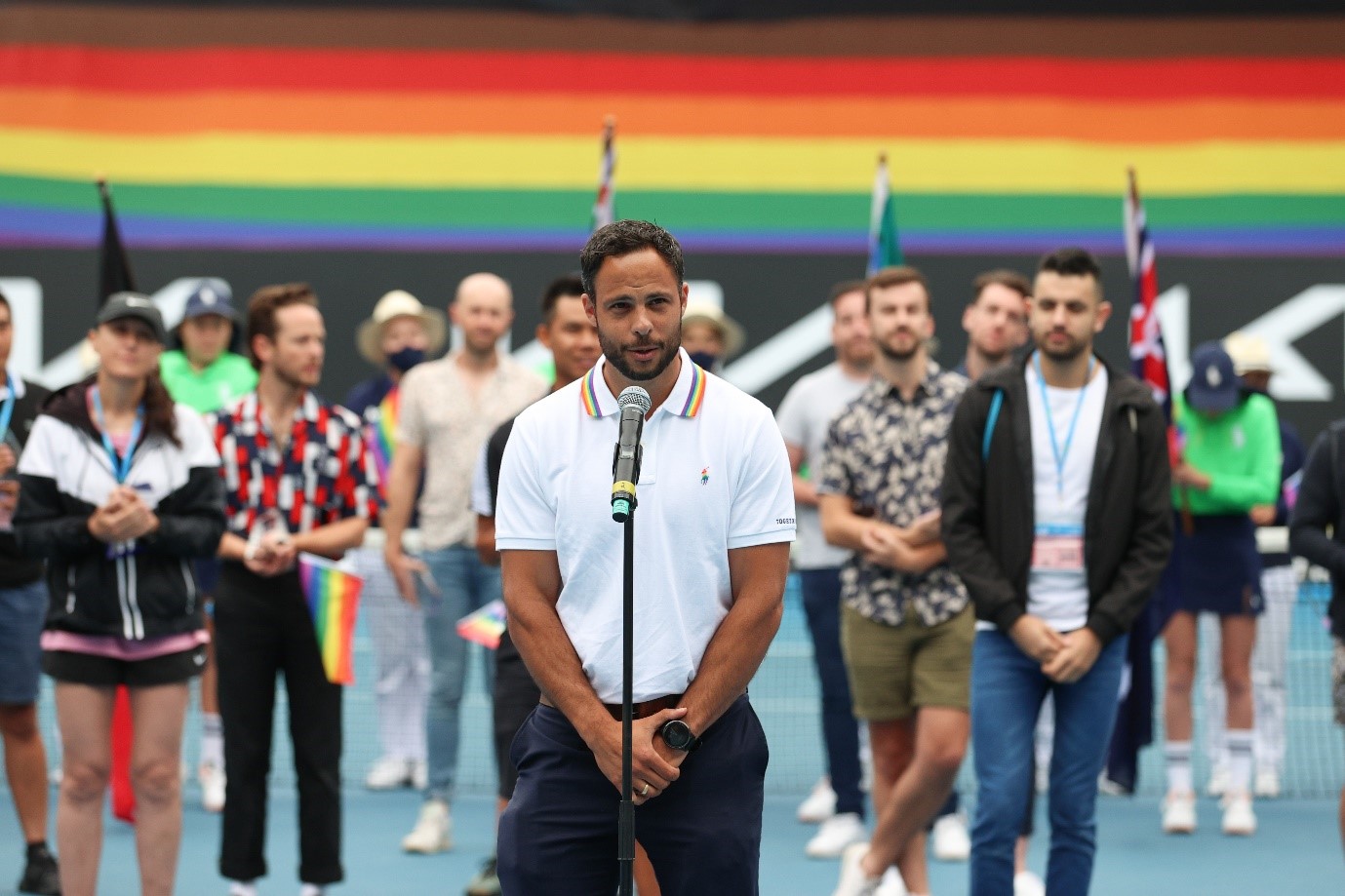
Inclusiveness and diversity in sport goes beyond the court, field or pool and includes all the stakeholders that make that event happen and, of course, the event itself – which often connects spectators across the world as they revel in the competition and feats of the athletes.
Read More
-
PBTR MPIO National Review
September 2022

There have been a number of changes to the Australian sporting sector recently which may impact the MPIO role, and this review is designed to understand those factors, and how the MPIO role could best support sporting clubs across Australia in light of this new environment.
Read More
-
Issue 40 of the PBTR Magazine is out now!
September 2022
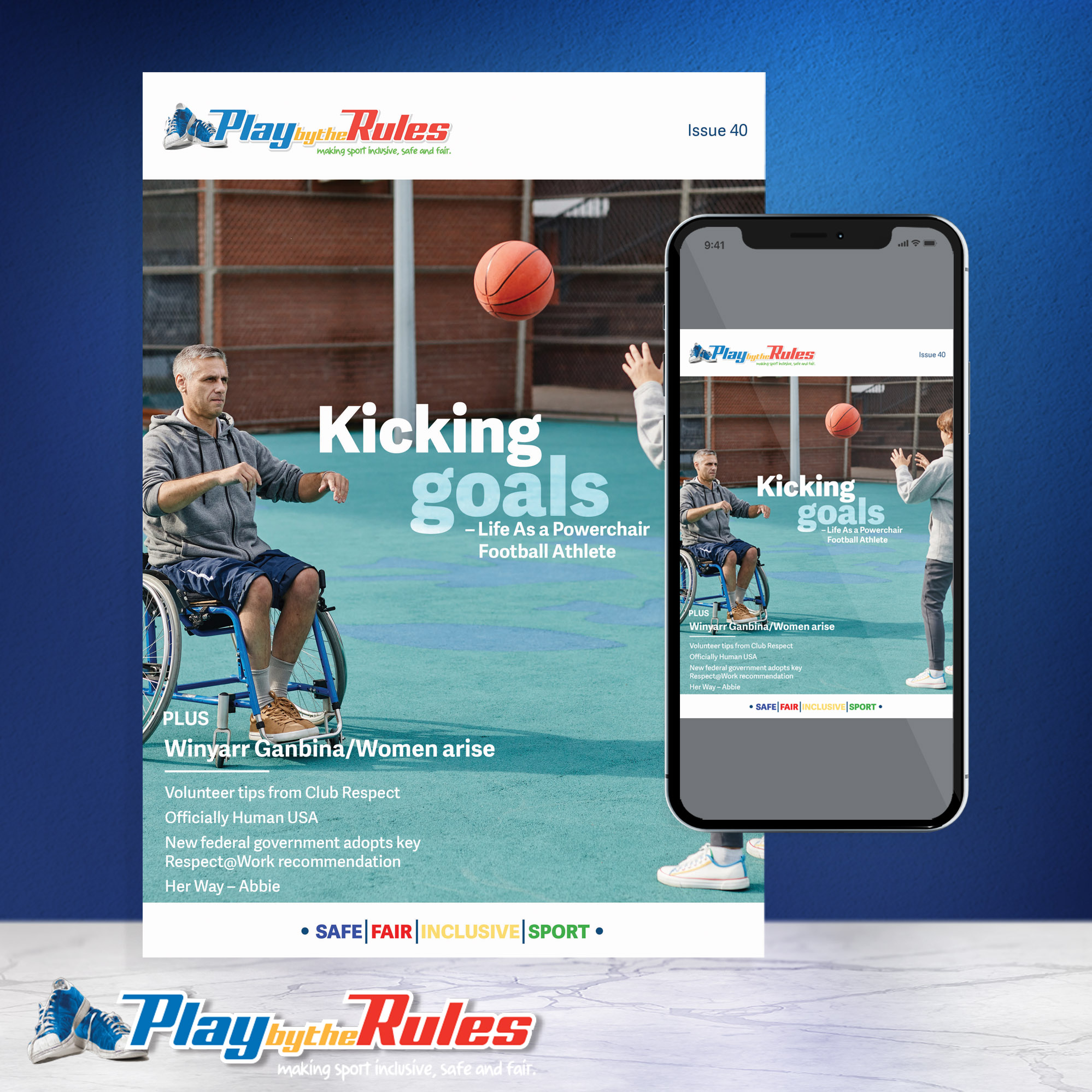
Grab a cuppa and click here to access it in online flipbook, word or PDF format
Read More
-
Sport for Good
August 2022
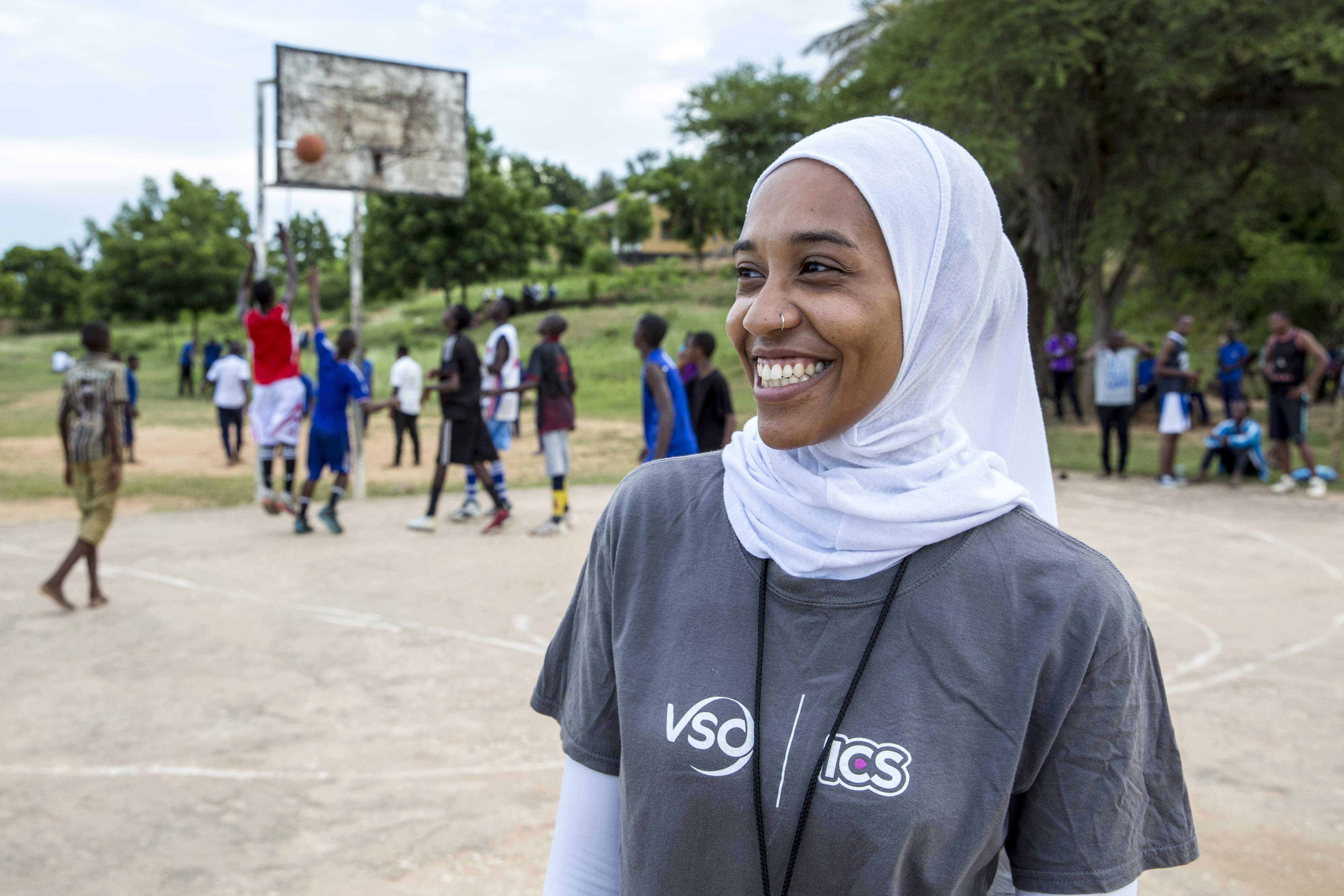
Craig Foster and Torrens University empowering athletes to change the world
Read More
-
Mental Health and Wellbeing
March 2022
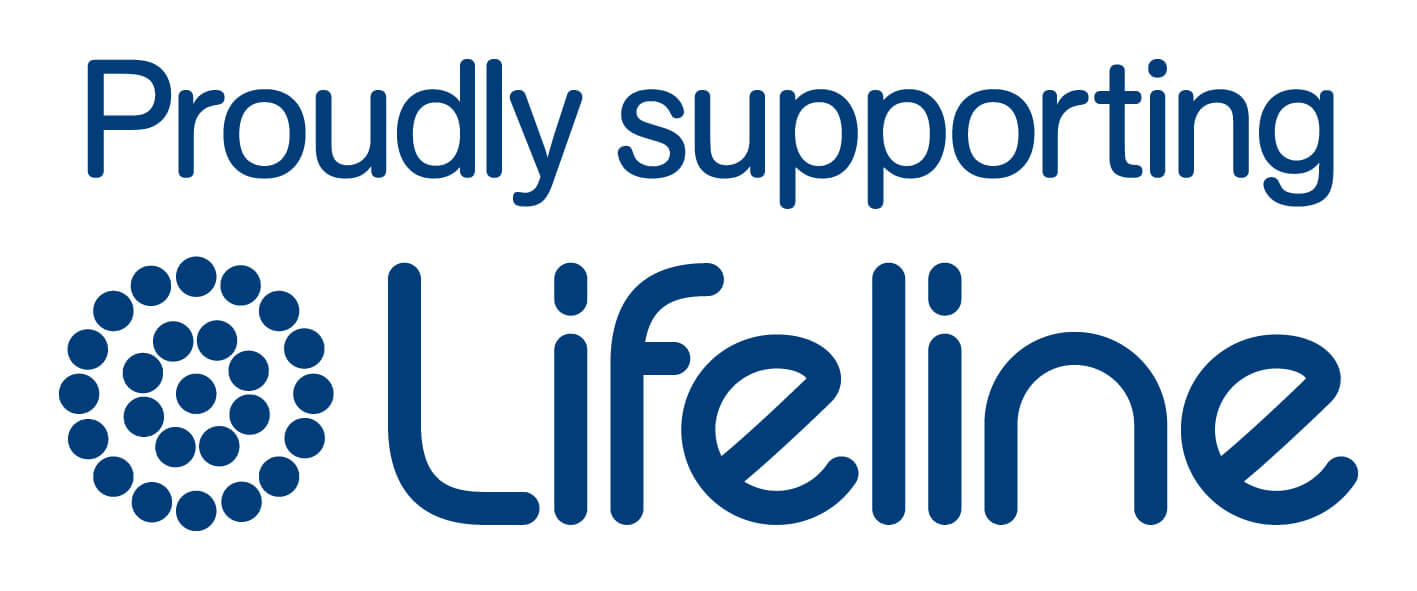
Lifeline is here to help
Read More
-
Play it Fair Online
March 2022
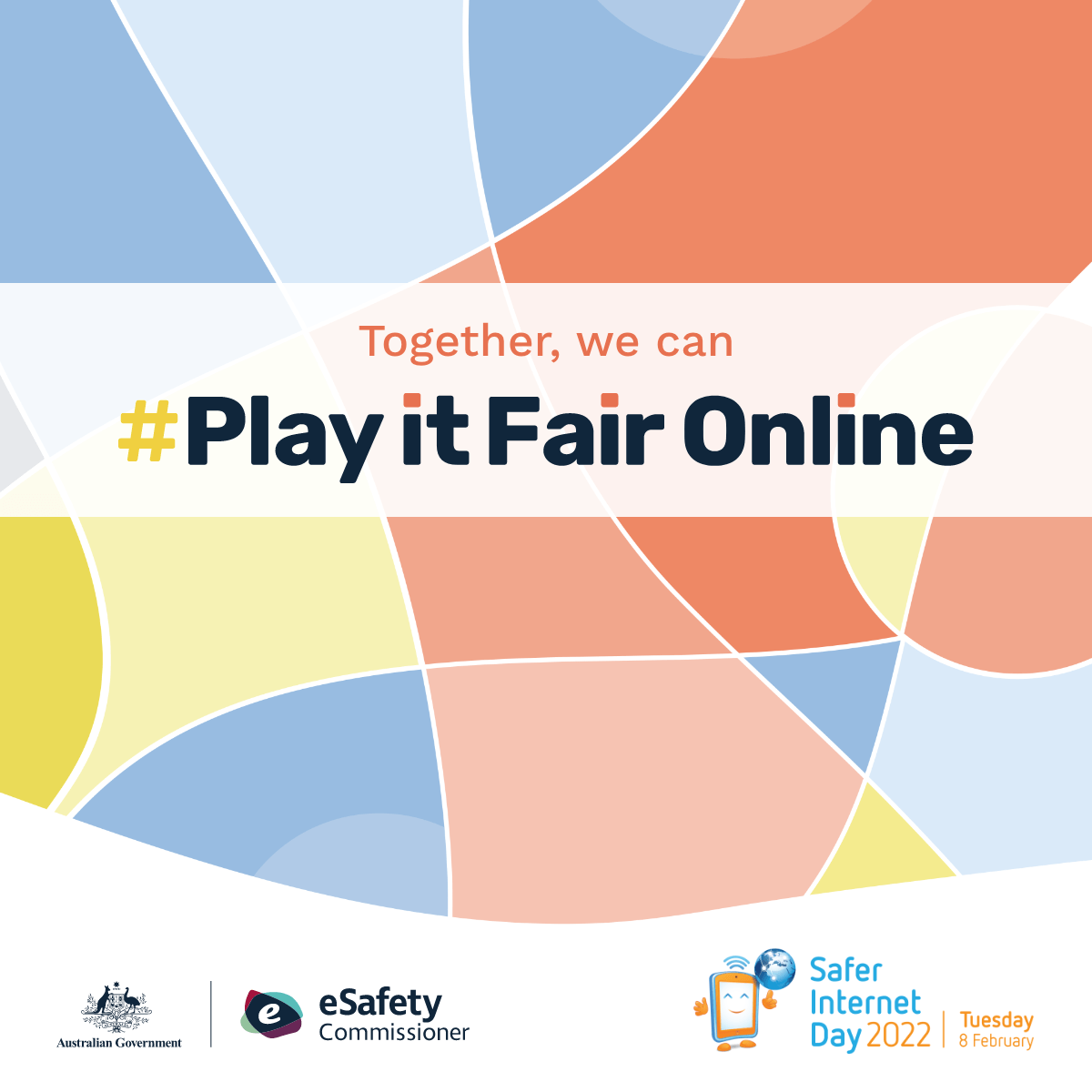
Sport is part of Australian life. Whether it’s training sessions, matches or tournaments, every day we see sport being played at fields, pools and courts across the country.
Read More
-
Issue 39 of the PBTR Magazine is out now!
March 2022
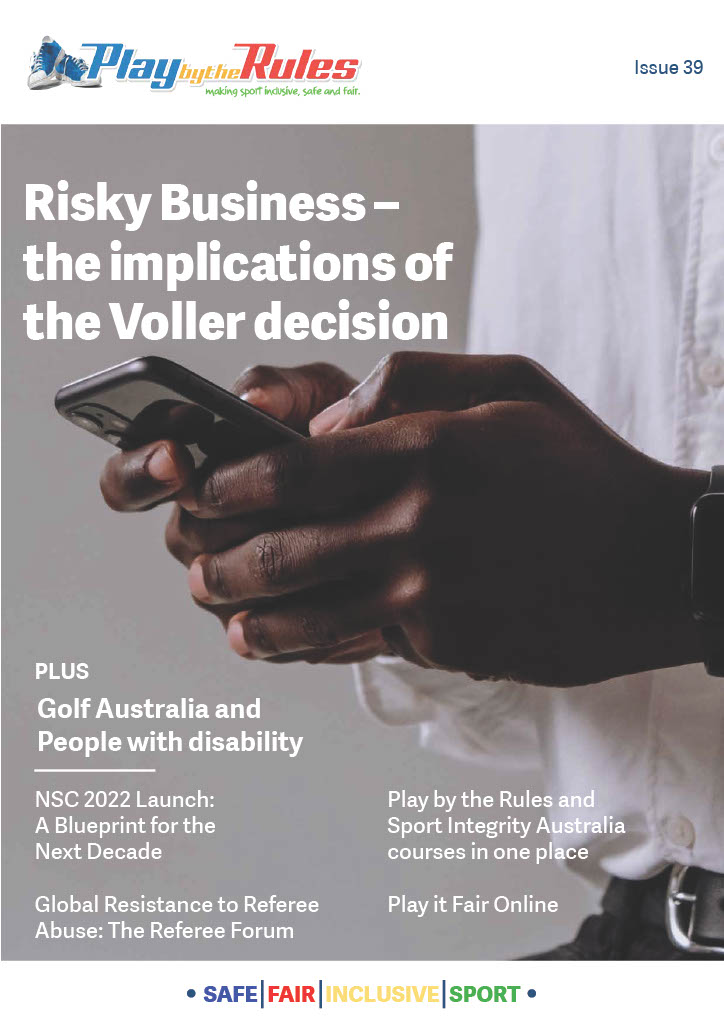
Grab a cuppa and click here to access it in online flipbook, word or PDF format
Read More
-
Disability in Golf
March 2022
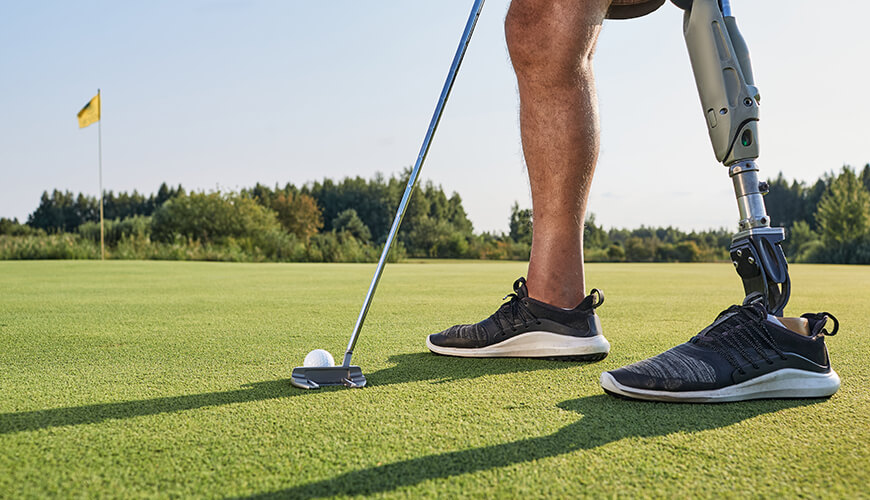
The Australian Human Rights Commission, in partnership with Golf Australia, is developing Guidelines for the inclusion of people with disability in golf.
Read More
-
Rolling Free Project - Leading Equity, Diversity & Inclusion in Skating
October 2022
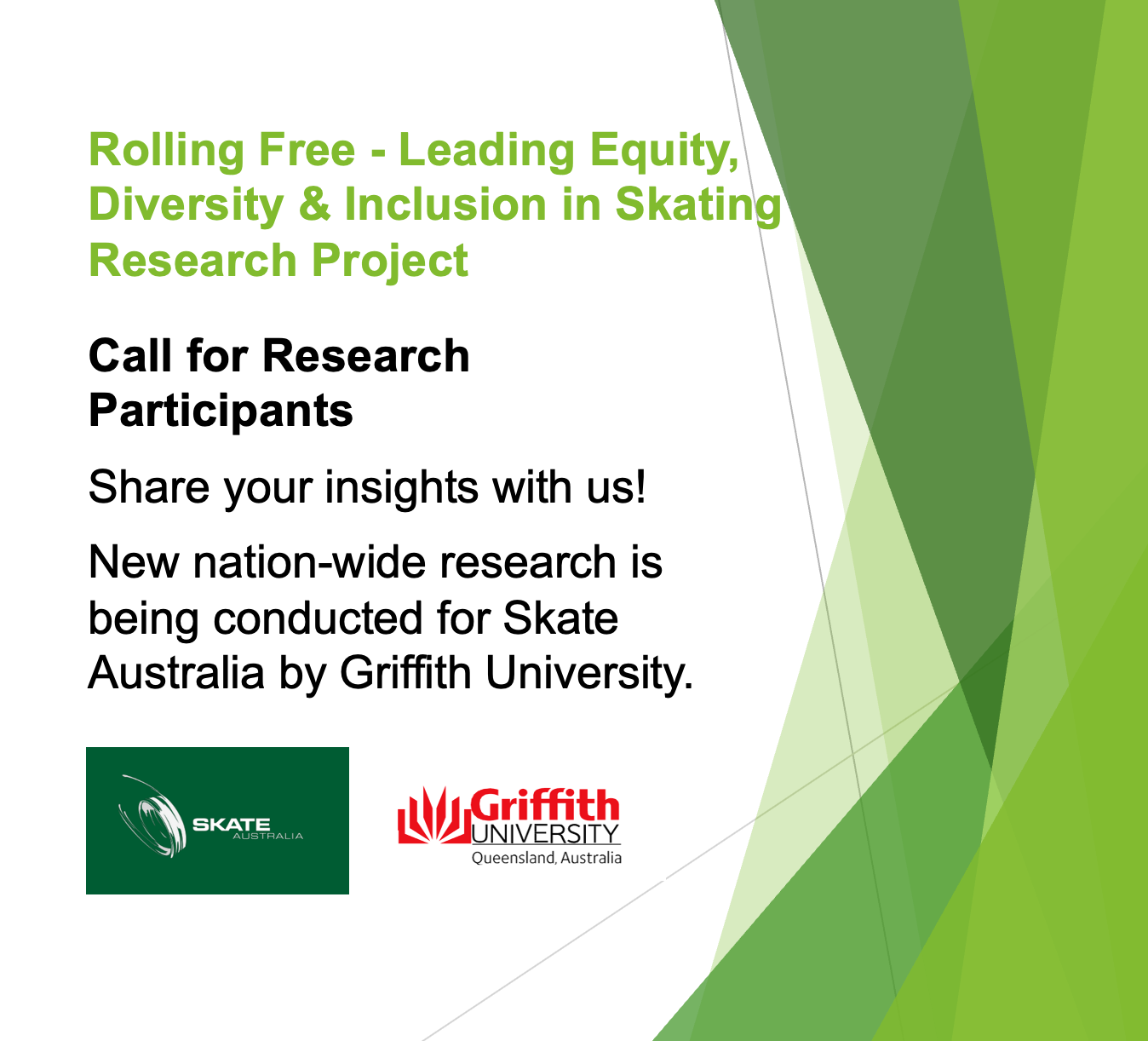
Share your insights with us! New research is being conducted by Griffith University to analyse themes of diversity and inclusion in the skating communities of skateboarding, park roller skating, artistic roller skating, inline hockey, inline rink skating and speed skating and where they feel improvements can be made.
Read More
-
ASAPD Launches Website for Disability Sport Access
October 2022
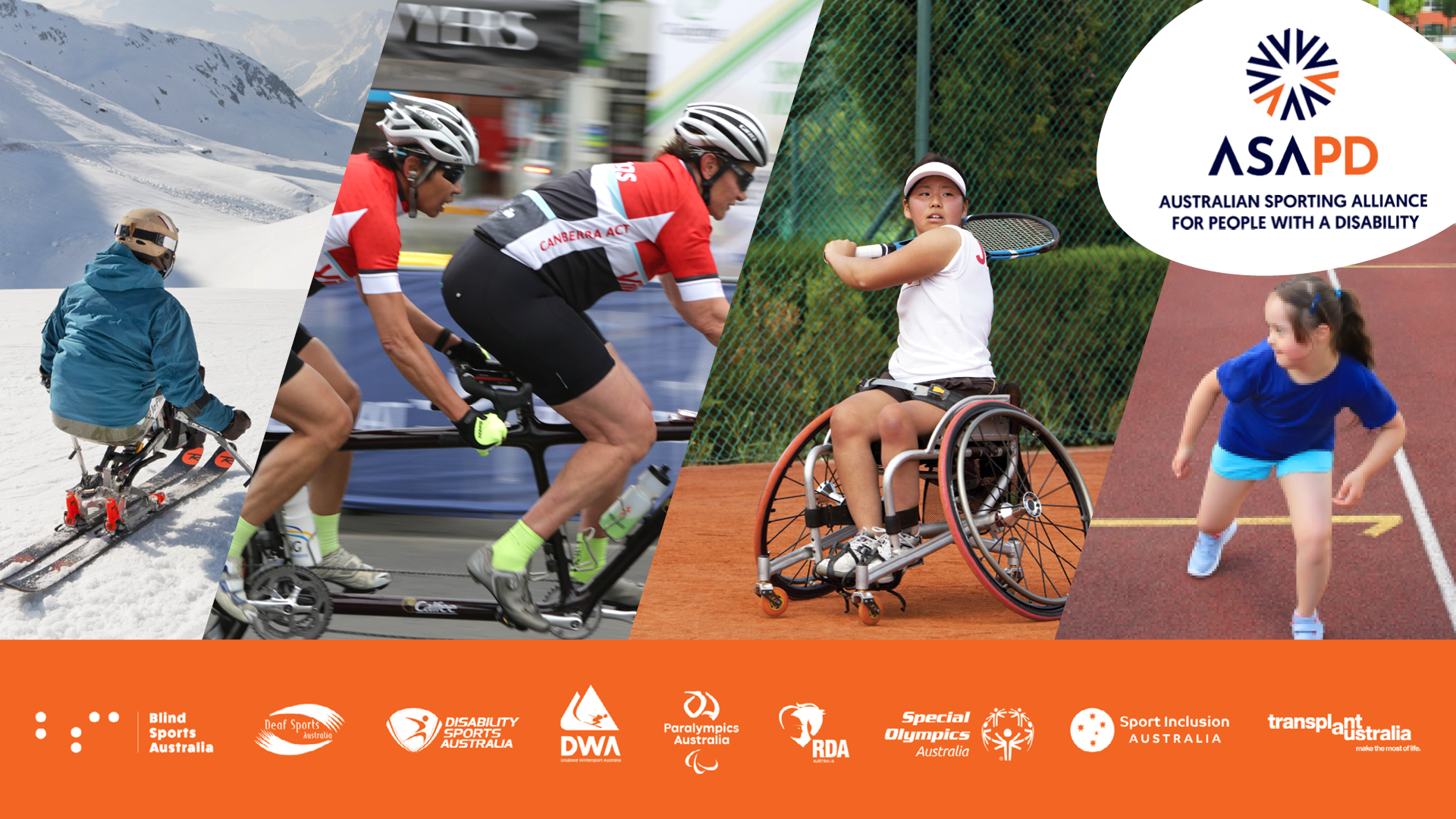
The key to inclusion is accessibility. For Australians with a disability, feeling included in sport has been an enduring challenge, from knowing which sports are offered that caters for people with disabilities, to where the clubs are located, or even how to get involved.
Read More
-
Introducing Adult Sportability: multi-sport and well-being activities for adults with disability
November 2022
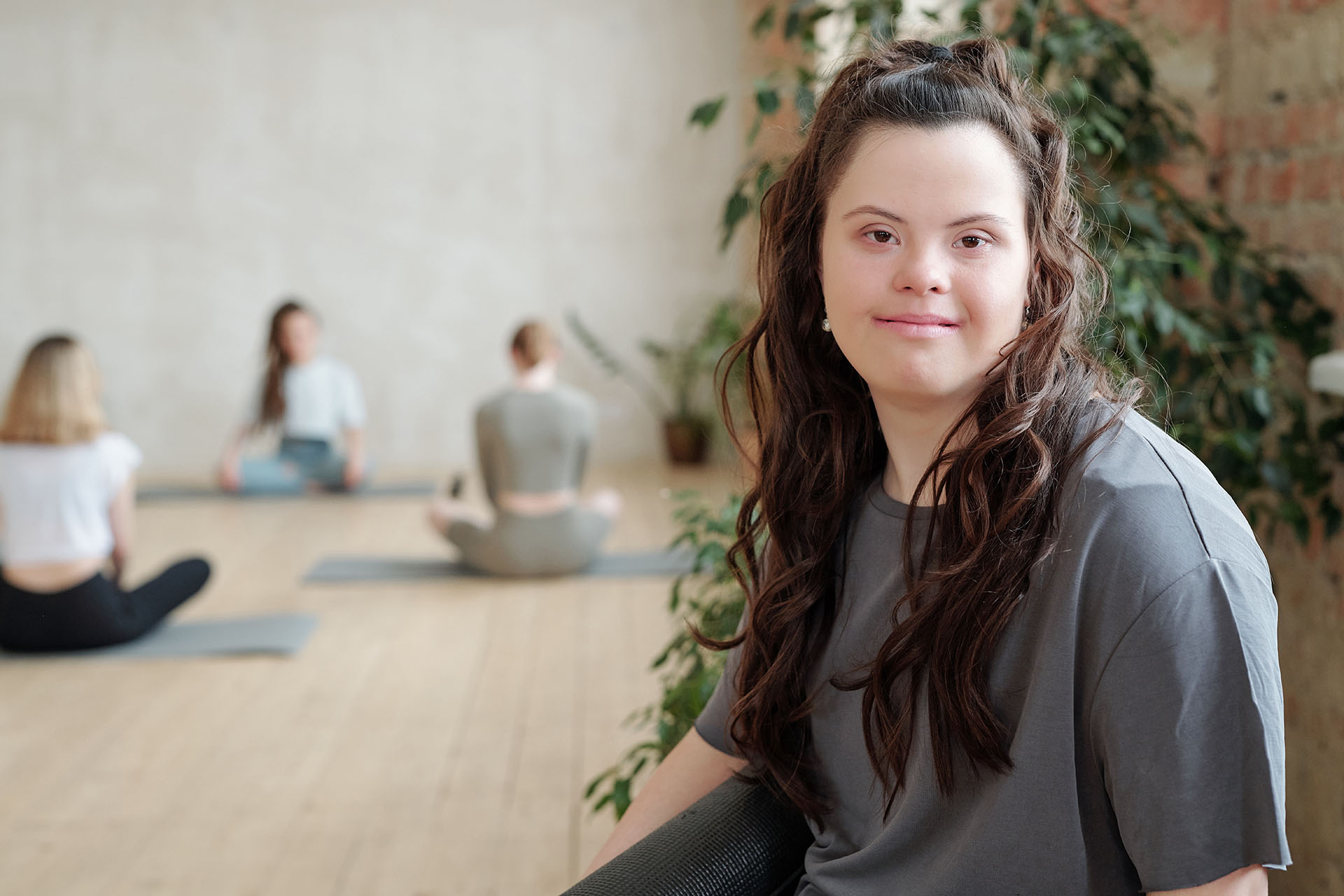
Collective Leisure is a Social Enterprise established in 2019 from a deep sense of social justice and an awareness that global health and well-being are tracking poorly. With a purpose of "Well-being without boundaries" we co-create programs for hard to reach, hardly reached and underserved communities. Enabling them to be well-beings and fulfil their greatest potential.
Read More
-
The Diversity and Inclusion in Sport Alliance Forum recording is now available!
November 2022
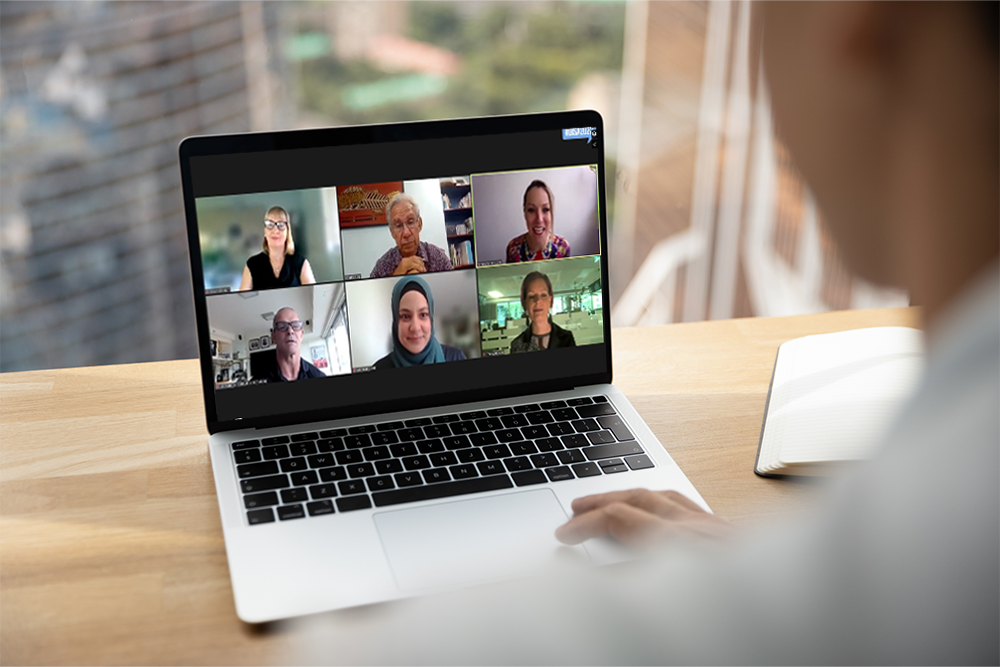
The panel discussed topics at the forefront of diversity and inclusion in sport, including the Manly Sea Eagles Pride Jersey incident, how Australian sports media compares to our international counterparts, what it means to see yourself represented in sport and sports media, and what we can all do to improve the state of play for the next generation.
Read More
-
Diving into the conversation: Swimming NSW’s Youth Advisory Panel
December 2022
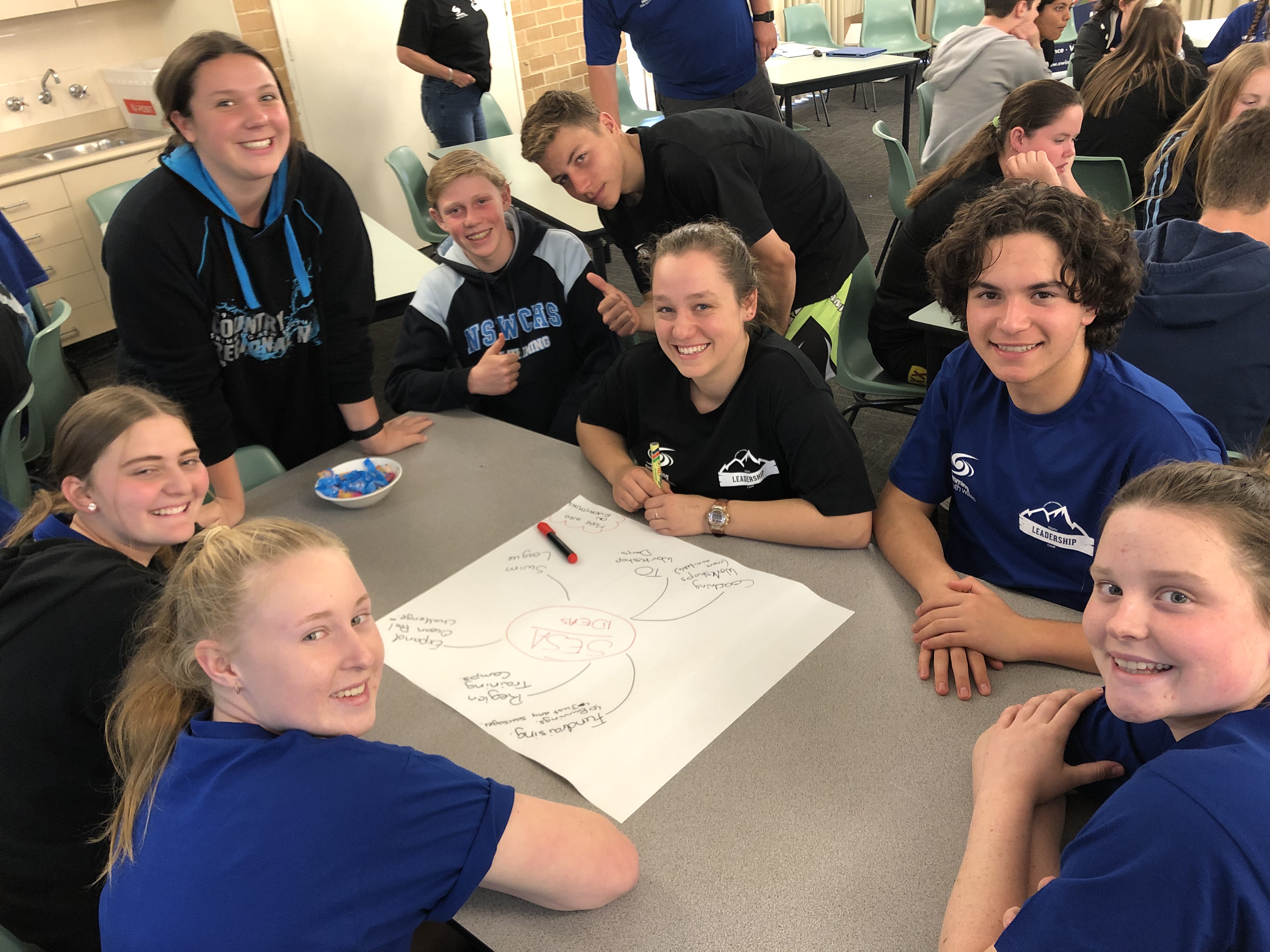
Swimming NSW created a Youth Advisory Panel (YAP) consisting of approximately 15 teenage members in 2016 with the support of grant funding. We wanted to understand why kids drop out of sport, particularly in their mid-teens, and what could we do to keep them swimming. What better way to find the answers than to ask the kids themselves?
Read More
















